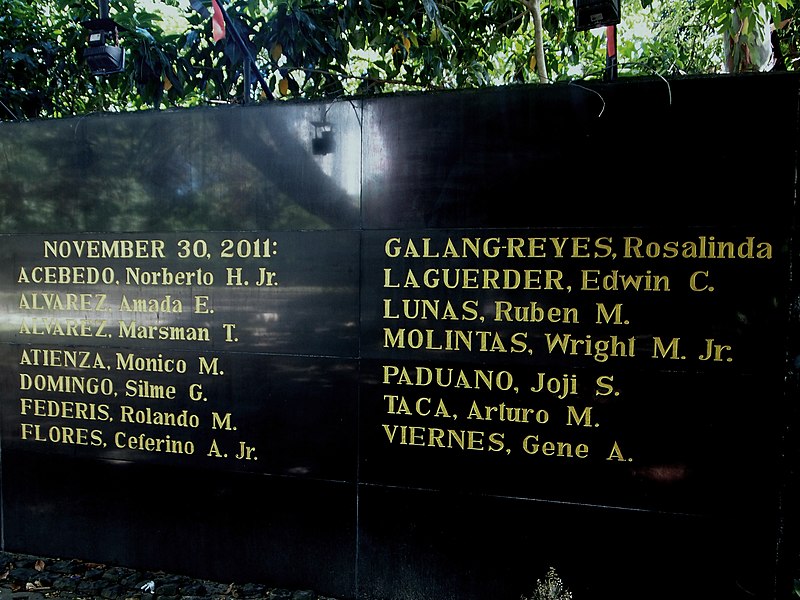
For Asian Pacific American Heritage Month, the AFL-CIO is spotlighting various Asian Americans and Pacific Americans who have worked and continue to work at the intersection of civil and labor rights. Our next profiles are Silme Domingo and Gene Viernes.
Silme Domingo was born in Killeen, Texas, in 1952. His father was a Filipino immigrant who had served in the U.S. Army during World War II. The family moved to Seattle in 1960, where Silme attended high school and college.
Meanwhile, Gene Viernes was born in Yakima, Washington, in 1951, also the son of immigrants from the Philippines. His father worked as a fruit picker and in local canneries. Gene grew up working in the fields with his father before going to school. At 14, he lied about his age and joined International Longshore and Warehouse Union (ILWU) Local 37 and worked in the cannery. He spent many of his summers working as an "Alaskero," the nickname for Alaskan salmon cannery workers. At the time, Local 37 largely consisted of Alaskeros who lived in the Seattle area and traveled to Alaska for the summer work every year.
Domingo also began working in the Alaska canneries, and before long, Domingo and Viernes were close friends. They formed the Alaska Cannery Workers' Association. In Seattle, Domingo, in particular, was active in protesting the activities of the dictatorship of Ferdinand Marcos in the Philippines, and he helped organize the first protests of the Marcos regime in Seattle, along with the Union of Democratic Filipinos (KDP). Domingo would help establish the KDP chapter in Seattle.
By 1981, Domingo was secretary-treasurer of Local 37, and Viernes was a dispatcher. Along with a slate of reformers, they had taken over all of the offices except for president. The reform slate were opponents of Local 37 President Tony Baruso, who was a Marcos supporter with ties to local Seattle gangs. At the time, the Alaskan cannery industry was rife with racial discrimination, with white workers getting the best jobs as well as company-provided food and housing, while Filipino workers worked long, dangerous hours with meager food and squalid living conditions. The reformers not only ran for election as officers in the local, they engaged in class action lawsuits against the canneries.
On June 1, 1981, Domingo and Viernes were working out of the ILWU offices in Seattle when two gunmen walked into the offices and shot and killed Domingo and Viernes. Terri Mast, Domingo's partner, was left with two young daughters to raise alone. Mast fought back publicly, eventually leading to the murder convictions of Baruso and local gang members. Marcos also was found complicit in the conspiracy and a successful civil suit was brought against the dictator in the case. While we will never know what heights Domingo and Viernes could've achieved in their pursuit of expanded rights for working people and Filipinos, Mast would go on to be elected president of Local 37, cleaning up the corruption in the local. In 1987, Local 37 merged with the Inlandboatmen's Union (IBU). Mast was later elected national secretary-treasurer of IBU.

